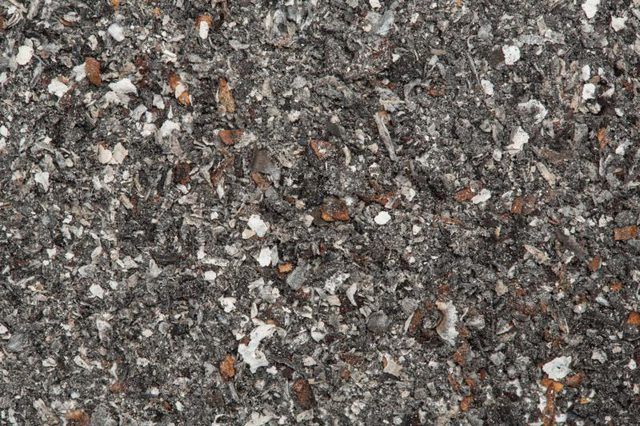Bulbs
Flower Basics
Flower Beds & Specialty Gardens
Flower Garden
Garden Furniture
Garden Gnomes
Garden Seeds
Garden Sheds
Garden Statues
Garden Tools & Supplies
Gardening Basics
Green & Organic
Groundcovers & Vines
Growing Annuals
Growing Basil
Growing Beans
Growing Berries
Growing Blueberries
Growing Cactus
Growing Corn
Growing Cotton
Growing Edibles
Growing Flowers
Growing Garlic
Growing Grapes
Growing Grass
Growing Herbs
Growing Jasmine
Growing Mint
Growing Mushrooms
Orchids
Growing Peanuts
Growing Perennials
Growing Plants
Growing Rosemary
Growing Roses
Growing Strawberries
Growing Sunflowers
Growing Thyme
Growing Tomatoes
Growing Tulips
Growing Vegetables
Herb Basics
Herb Garden
Indoor Growing
Landscaping Basics
Landscaping Patios
Landscaping Plants
Landscaping Shrubs
Landscaping Trees
Landscaping Walks & Pathways
Lawn Basics
Lawn Maintenance
Lawn Mowers
Lawn Ornaments
Lawn Planting
Lawn Tools
Outdoor Growing
Overall Landscape Planning
Pests, Weeds & Problems
Plant Basics
Rock Garden
Rose Garden
Shrubs
Soil
Specialty Gardens
Trees
Vegetable Garden
Yard Maintenance
Do Ashes Help Grass to Grow?
Do Ashes Help Grass to Grow?. While ashes and grass may seem unrelated, remnants from a cozy fire can ultimately benefit your lawn. Certain ashes improve soil in many parts of the United States, creating healthier growing environments for plants and delivering valuable nutrients to grass. Whether ashes will help your grass grow depends on the ashes...

While ashes and grass may seem unrelated, remnants from a cozy fire can ultimately benefit your lawn. Certain ashes improve soil in many parts of the United States, creating healthier growing environments for plants and delivering valuable nutrients to grass. Whether ashes will help your grass grow depends on the ashes and your soil.
Ashes Worth Saving
All plants require the same essential nutrients to fuel healthy growth. Like grasses and other plants, trees contain these necessary nutrients -- even when harvested for firewood. When wood burns, nitrogen and sulfur are lost in the process, but other plant nutrients remain. The amounts depend on the type of wood. A cord of logs from a dense hardwood such as oak produces more ash and more nutrients than a cord from less-dense softwood such as pine. Wood ash from natural, untreated wood is the only type you should use to fertilize your grass. Ash from cardboard, painted wood and similar trash or debris contains toxins harmful to grass and plants.
When Grass Benefits
Wood ashes offer significant potassium, but their greatest potential benefit to lawns comes from high alkalinity. The ashes have properties similar to lime products used to raise soil pH. Lawn grasses generally prefer slightly acidic soil in the 6.0 to 7.0 pH range, but high-nitrogen fertilizers tend to lower soil pH over time. Many parts of the country also have naturally acidic soil. When soil pH drops below 6.0, it limits the ability of plants to take up essential nutrients, including nitrogen, phosphorus and iron. Lawn beauty, health and resilience suffer. If your soil is acidic or potassium-deficient, wood ashes can help your grass to grow.
Guidelines for Grass
Apply wood ashes with the same precision used for other lawn fertilizers. Moisten your grass first, then spread the ashes evenly over the area. Rake them in lightly, and water thoroughly. The ash will affect pH in a matter of days. Wait at least one month before using any nitrogen fertilizers. In general, 10 to 15 pounds of wood ashes per 1,000 square feet is safe for most soils, but a soil test confirms your lawn's needs. Ash your lawn only once every five years, or when a new soil test reconfirms a need. Add leftover ash to your compost pile.
Safety Precautions
Even if your ashes come straight from the fireplace, treat them with the respect high-alkaline products deserve. Wear gloves, protective clothing, protective eyewear and a dust mask when spreading ashes. Work when there are no winds. Too much alkalinity causes the same problems as low pH, so apply ashes at recommended rates only. Overdoing it can cause long-term harm to your soil. Wood ash also has high levels of soluble salts, so never leave piles on your grass, and don't use ashes when planting or near seedlings. Keep wood ashes away from acid-loving plants such as those in the Rhododendron genus and from potatoes (Solanum tuberosum). The ashes encourage potato scab.